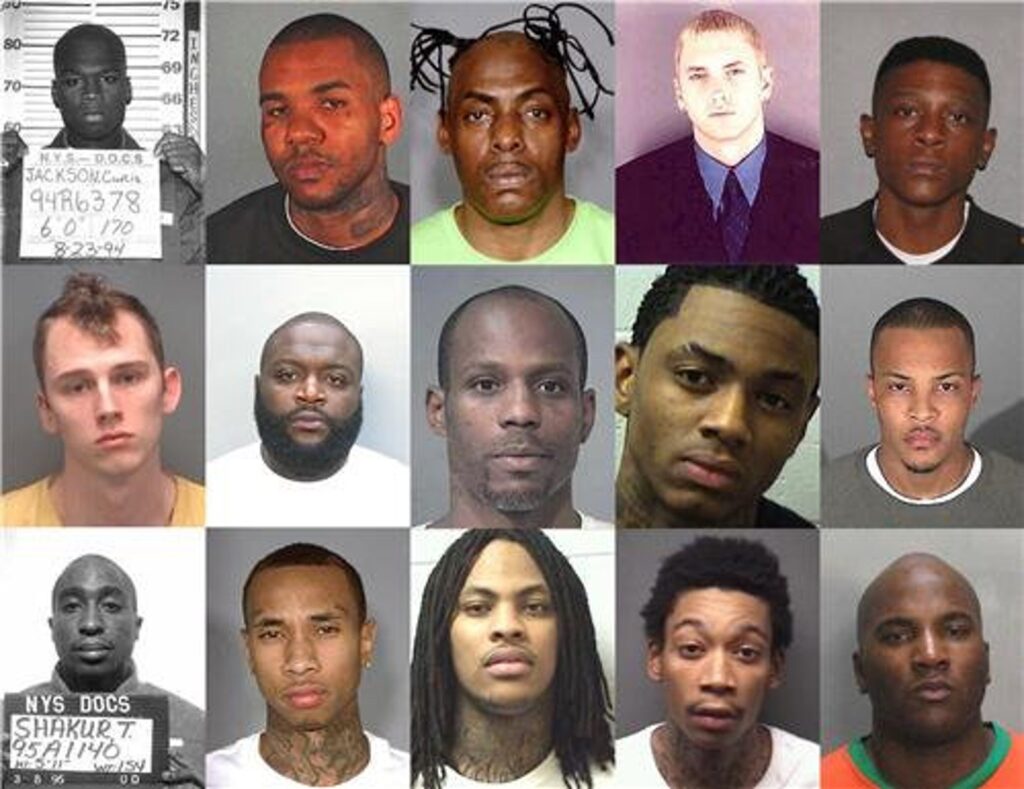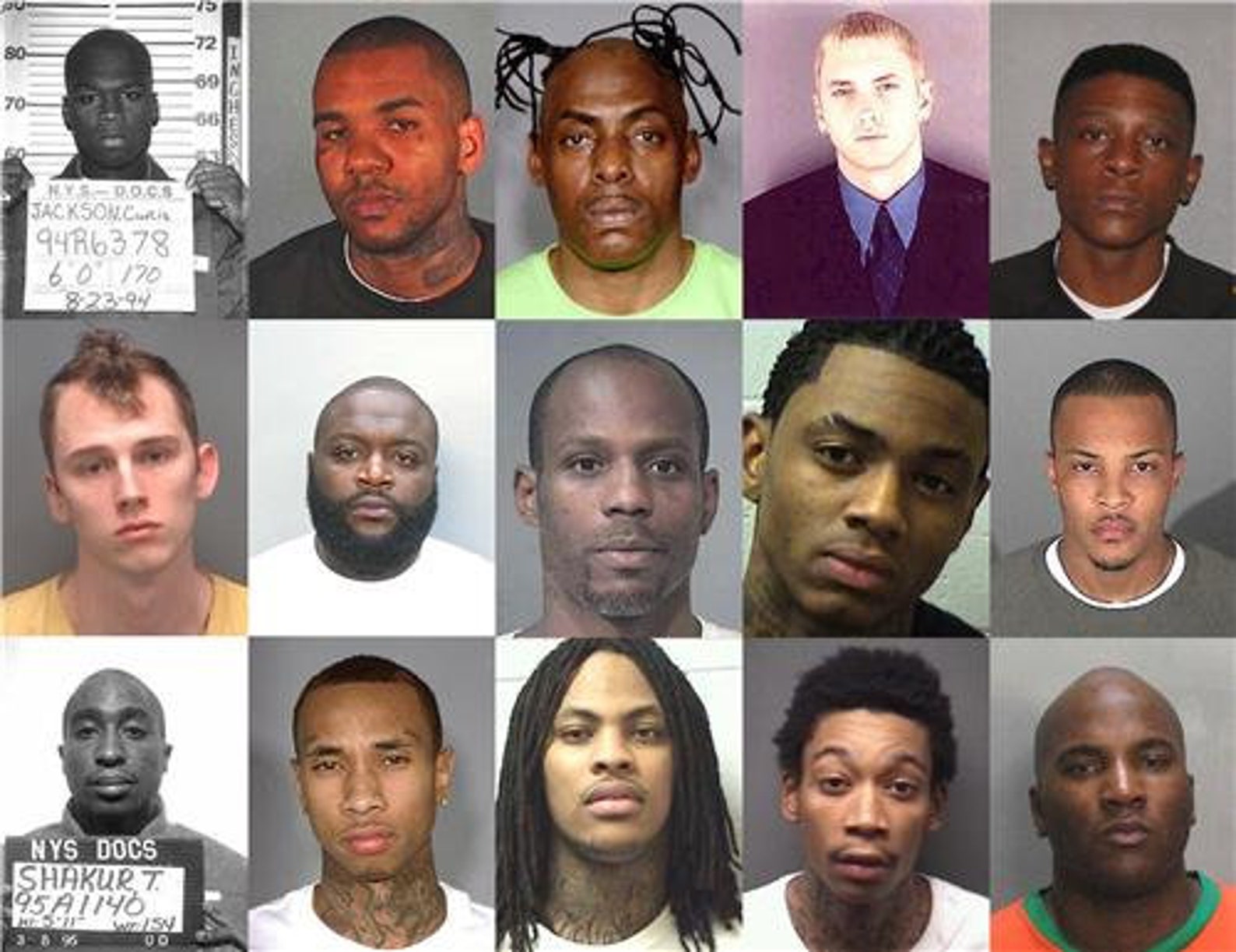
Chicago Mug Shots: Understanding Public Records and Access
The phrase “Chicago mug shots” often conjures images of individuals entangled with the law, their faces captured in stark, unflattering portraits. But beyond the sensationalism, mug shots represent a crucial aspect of public record keeping and legal transparency in Chicago. This article delves into the world of Chicago mug shots, exploring their significance, accessibility, legal implications, and ethical considerations.
What Are Mug Shots?
A mug shot is a photographic portrait taken of an individual after they are arrested. Typically, it includes two views: one frontal and one profile. The purpose of a mug shot is to create a visual record of the person at the time of their arrest, aiding law enforcement in identification and tracking. These photos become part of the arrest record and, depending on the jurisdiction, may be considered public information.
Are Chicago Mug Shots Public Records?
In Illinois, and specifically within Chicago, the status of mug shots as public records can be complex. Generally, arrest records, including mug shots, are considered public information, subject to certain exceptions. The Illinois Freedom of Information Act (FOIA) grants citizens the right to access government documents and records, including those held by law enforcement agencies like the Chicago Police Department. However, this right is not absolute.
There are exemptions under FOIA that allow law enforcement to withhold certain records, such as those that could compromise an ongoing investigation, endanger someone’s safety, or violate an individual’s privacy. The decision to release or withhold a mug shot often depends on a case-by-case assessment, weighing the public interest in transparency against potential harm to the individual or the investigation.
How to Access Chicago Mug Shots
If you are seeking to access Chicago mug shots, there are several potential avenues:
- Online Databases: Several third-party websites aggregate arrest records and mug shots from various jurisdictions, including Chicago. These websites often charge a fee for access. However, it’s crucial to verify the accuracy and reliability of these sources, as they may not always be up-to-date or complete.
- Chicago Police Department (CPD): You can submit a FOIA request to the CPD for specific arrest records or mug shots. The CPD is obligated to respond to these requests within a specified timeframe, though they may deny access based on FOIA exemptions.
- Cook County Courts: Arrest records are often filed with the Cook County courts. You may be able to access these records, including mug shots, through the court clerk’s office. However, access may be limited depending on the nature of the case and the court’s policies.
Legal and Ethical Considerations
The publication and dissemination of Chicago mug shots raise several legal and ethical concerns. While they may be considered public records, their widespread availability can have significant consequences for individuals.
Presumption of Innocence
One of the fundamental principles of the American legal system is the presumption of innocence. Publishing mug shots before a conviction can undermine this principle, potentially leading to unfair prejudice and reputational damage. Individuals may face social stigma, job loss, and other negative consequences simply because their mug shot is publicly available, even if they are later acquitted or the charges are dropped.
Privacy Concerns
The widespread availability of mug shots can also raise privacy concerns. These images can be easily shared online, potentially remaining accessible indefinitely. This can have long-term consequences for individuals, affecting their ability to secure employment, housing, or even personal relationships. The ease with which mug shots can be accessed and shared underscores the need for careful consideration of privacy implications.
Accuracy and Context
It’s important to remember that a mug shot is simply a snapshot in time, taken at the moment of arrest. It provides no information about the circumstances surrounding the arrest, the evidence against the individual, or the outcome of the case. Publishing mug shots without context can be misleading and create a false impression of guilt. It is crucial to consider the broader context and avoid drawing premature conclusions based solely on a mug shot.
The Debate Over Mug Shot Websites
The rise of mug shot websites has fueled a heated debate about the ethics and legality of publishing these images online. These websites often profit from the publication of mug shots, charging individuals to have their images removed. Critics argue that this practice amounts to extortion, exploiting individuals who are already facing legal challenges. Some states have enacted laws to regulate or prohibit mug shot websites, aiming to protect individuals from exploitation and reputational harm.
The debate over mug shot websites highlights the tension between the public’s right to access information and the individual’s right to privacy and reputation. Finding a balance between these competing interests is a complex challenge that requires careful consideration of legal, ethical, and social factors.
The Future of Mug Shots in Chicago
As technology evolves and societal attitudes shift, the future of Chicago mug shots remains uncertain. There is growing pressure to reform the way these images are handled, with many advocating for greater restrictions on their publication and dissemination. Some possible reforms include:
- Restricting Online Publication: Limiting or prohibiting the publication of mug shots on third-party websites could help protect individuals from exploitation and reputational harm.
- Expungement and Sealing: Allowing individuals to expunge or seal their arrest records, including mug shots, could provide a fresh start for those who have been acquitted or had their charges dropped.
- Greater Transparency and Accountability: Ensuring greater transparency and accountability in the way law enforcement agencies handle and disseminate mug shots could help prevent abuse and protect individual rights.
Conclusion
Chicago mug shots represent a complex intersection of public record keeping, legal transparency, and individual rights. While they serve a legitimate purpose in law enforcement, their widespread availability can have significant consequences for individuals. As technology continues to evolve, it is crucial to engage in a thoughtful and informed discussion about the future of mug shots, balancing the public’s right to access information with the need to protect individual privacy and reputation. Understanding the legal and ethical considerations surrounding Chicago mug shots is essential for promoting fairness, transparency, and accountability in the criminal justice system. The easy access to these mug shots also requires careful consideration of potential biases and misinterpretations that may arise from viewing them out of context. Ultimately, a balanced approach that respects both the public’s right to know and the individual’s right to privacy is necessary when dealing with sensitive information like Chicago mug shots. The accessibility of mug shots in Chicago underscores the importance of responsible reporting and ethical considerations in their use and dissemination. The ongoing discussion regarding mug shots highlights the need for continuous evaluation of policies and practices to ensure fairness and justice. Furthermore, the debate surrounding mug shots serves as a reminder of the importance of due process and the presumption of innocence in the legal system. The issue of mug shots in Chicago brings to light the broader implications of digital information and its impact on individuals’ lives. The continuous flow of information, including mug shots, emphasizes the need for critical thinking and responsible consumption of media. The discussion around mug shots also touches on the role of technology in shaping public perception and the potential for misinformation. The context in which mug shots are presented significantly influences how they are perceived, underscoring the importance of accurate and unbiased reporting. The availability of mug shots raises questions about the balance between transparency and the potential for privacy violations in the digital age.

